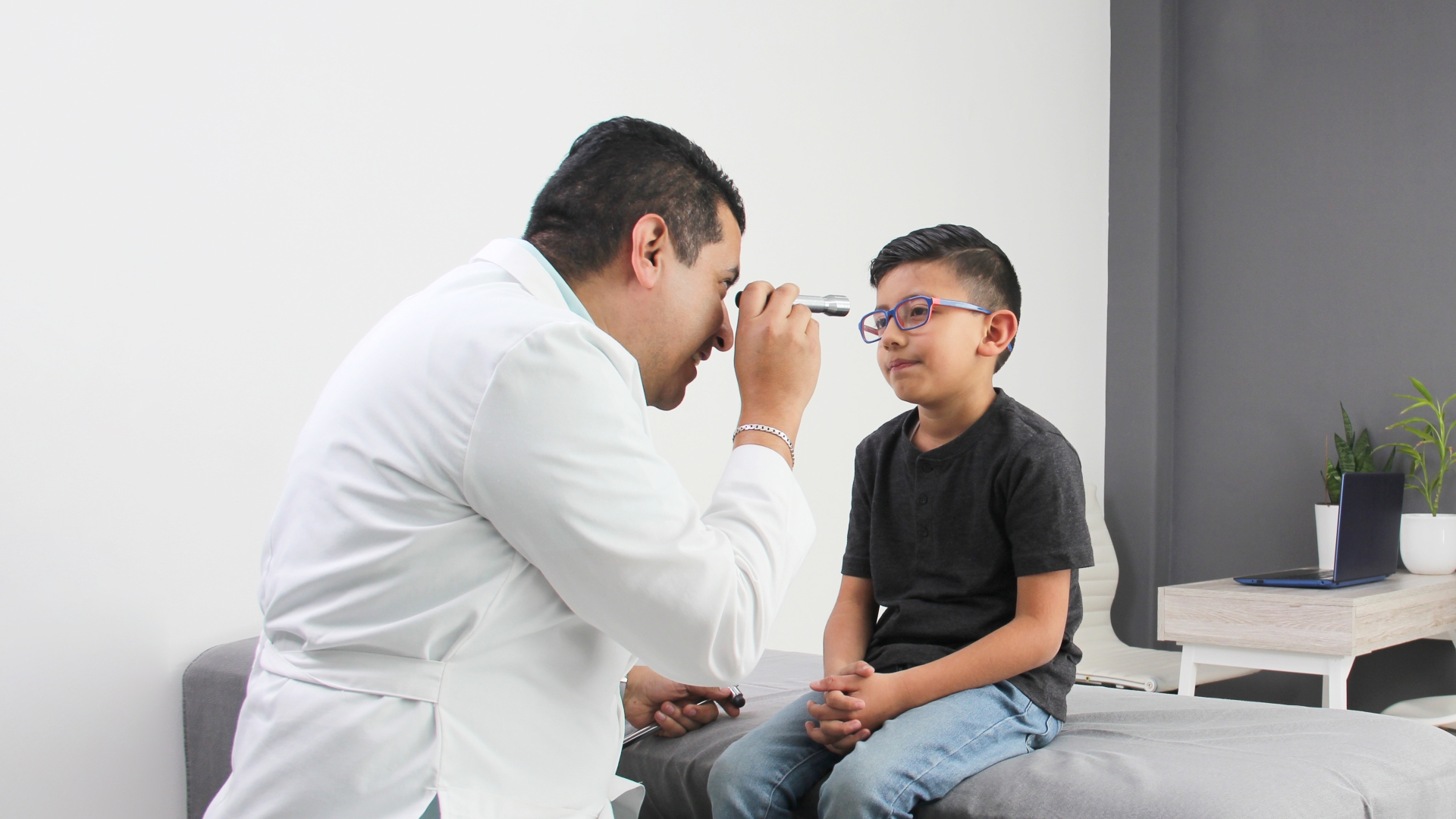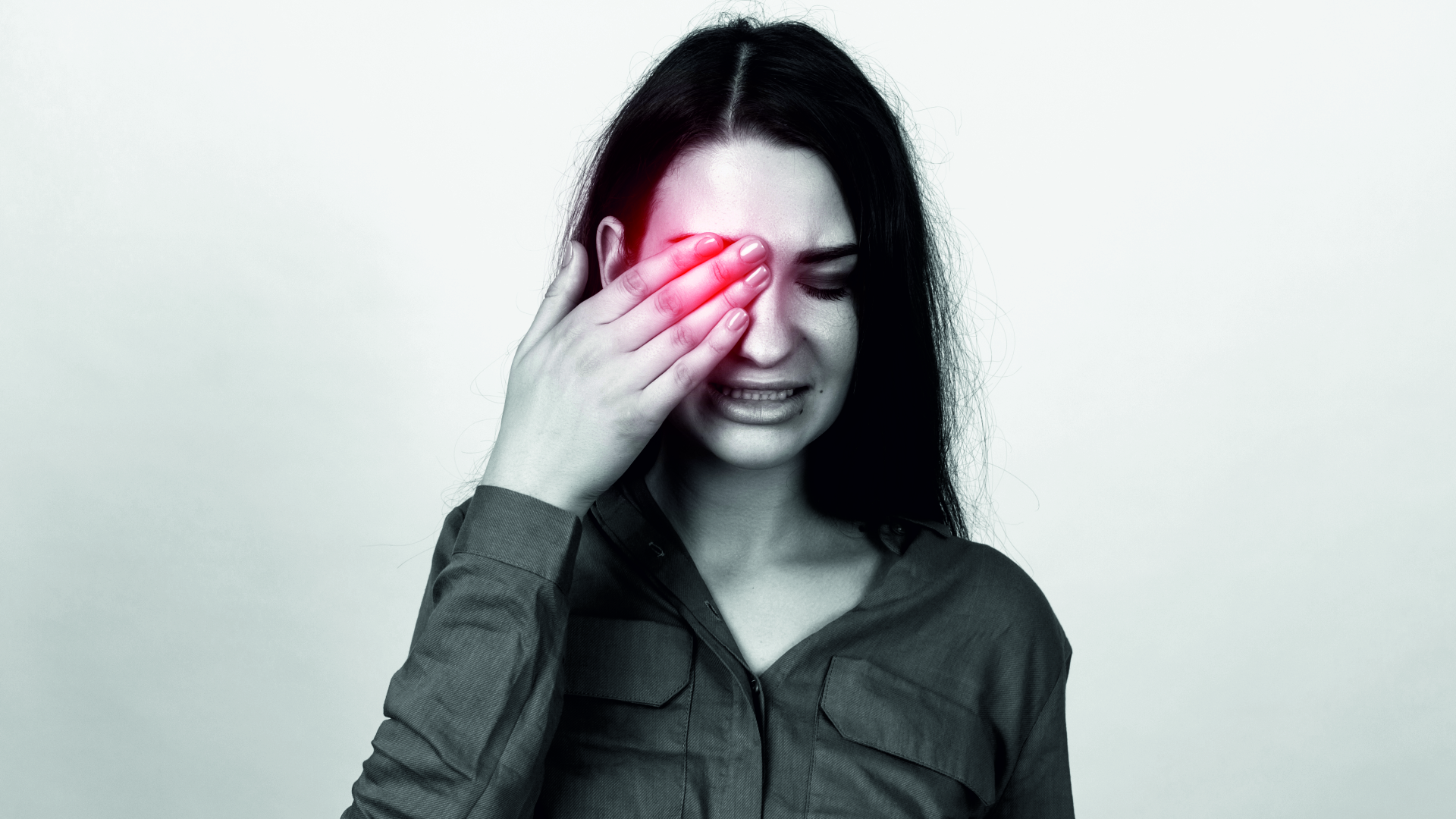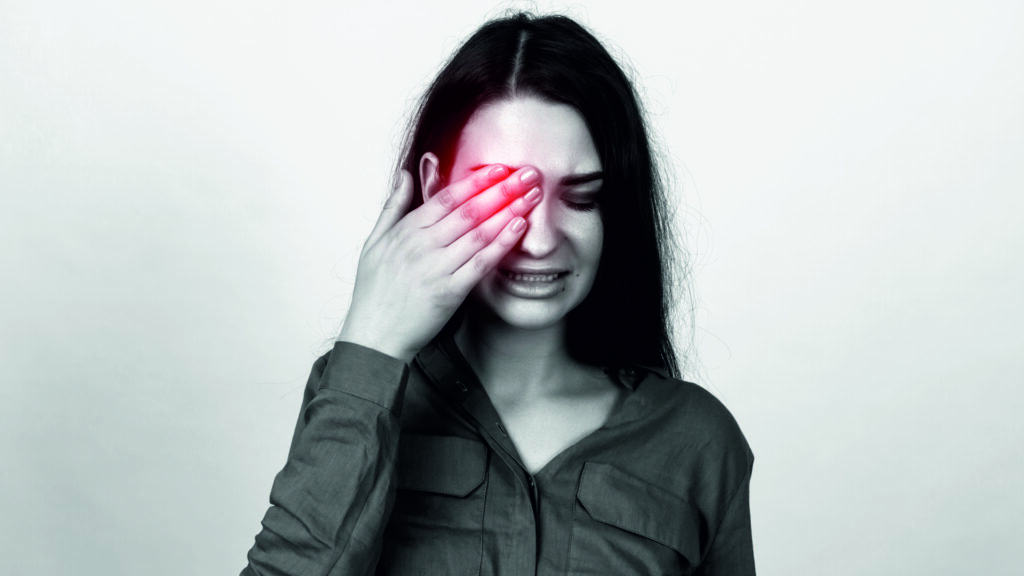As parents, we are always concerned about our children’s health and well-being. However, one area that often gets overlooked is eye care. Good eye health is crucial to your child’s overall development and success in school. In this blog, we will discuss four doctor-recommended ways to care for your child’s eyes.
- Schedule regular eye exams.
One of the most important ways to care for your child’s eyes is to schedule regular eye exams. The American Optometric Association recommends that children have their first eye exam at six months of age, followed by exams at three years old, and then annually from age five onwards.
During these exams, an eye doctor will check for any vision problems, such as nearsightedness or farsightedness, as well as any eye health issues, such as lazy eye or eye infections. Early detection and treatment of these problems are crucial to prevent long-term damage to your child’s eyes.
- Encourage healthy eye habits.
Another way to care for your child’s eyes is to encourage healthy eye habits. This includes limiting screen time, taking breaks during screen time, and maintaining proper distance from screens. The American Academy of Pediatrics recommends that children aged two to five should have no more than one hour of screen time per day, while children aged six and older should have consistent limits on screen time.
Additionally, it’s important to teach your child proper posture when using screens and to take a break every 20 minutes to look away from the screen and focus on something in the distance. Encouraging your child to engage in outdoor activities can also help promote good eye health.
- Provide a balanced diet.
Proper eye protection is crucial to prevent eye injuries. Children should wear protective eyewear when participating in sports or other activities that may result in eye injuries, such as woodworking or playing with sharp objects. You should also ensure your child wears sunglasses outside, as UV rays can damage the eyes over time.
It’s also essential to ensure that your child’s toys are safe and do not pose a risk to their eyes. Avoid toys with sharp or pointed edges, projectile toys, or toys that shoot objects into the air.
- Provide proper eye protection.
A balanced diet is crucial for your child’s overall health, including eye health. Foods rich in nutrients such as Vitamin A, C, and Omega-3 fatty acids are particularly beneficial for eye health.
Foods such as carrots, sweet potatoes, and leafy greens are high in vitamin A, which is essential for proper eye function. Citrus fruits, berries, and bell peppers are high in vitamin C, which has been shown to reduce the risk of cataracts and macular degeneration. Foods such as fatty fish, walnuts, and flaxseeds are high in omega-3 fatty acids, which can help protect against dry eye syndrome and macular degeneration.
In conclusion, caring for your child’s eyes is crucial for their health and well-being. By scheduling regular eye exams, encouraging healthy eye habits, providing proper eye protection, and providing a balanced diet, you can help ensure that your child’s eyes stay healthy and that they can see clearly for years to come. Remember that good eye health is essential for your child’s success in school and overall quality of life.


